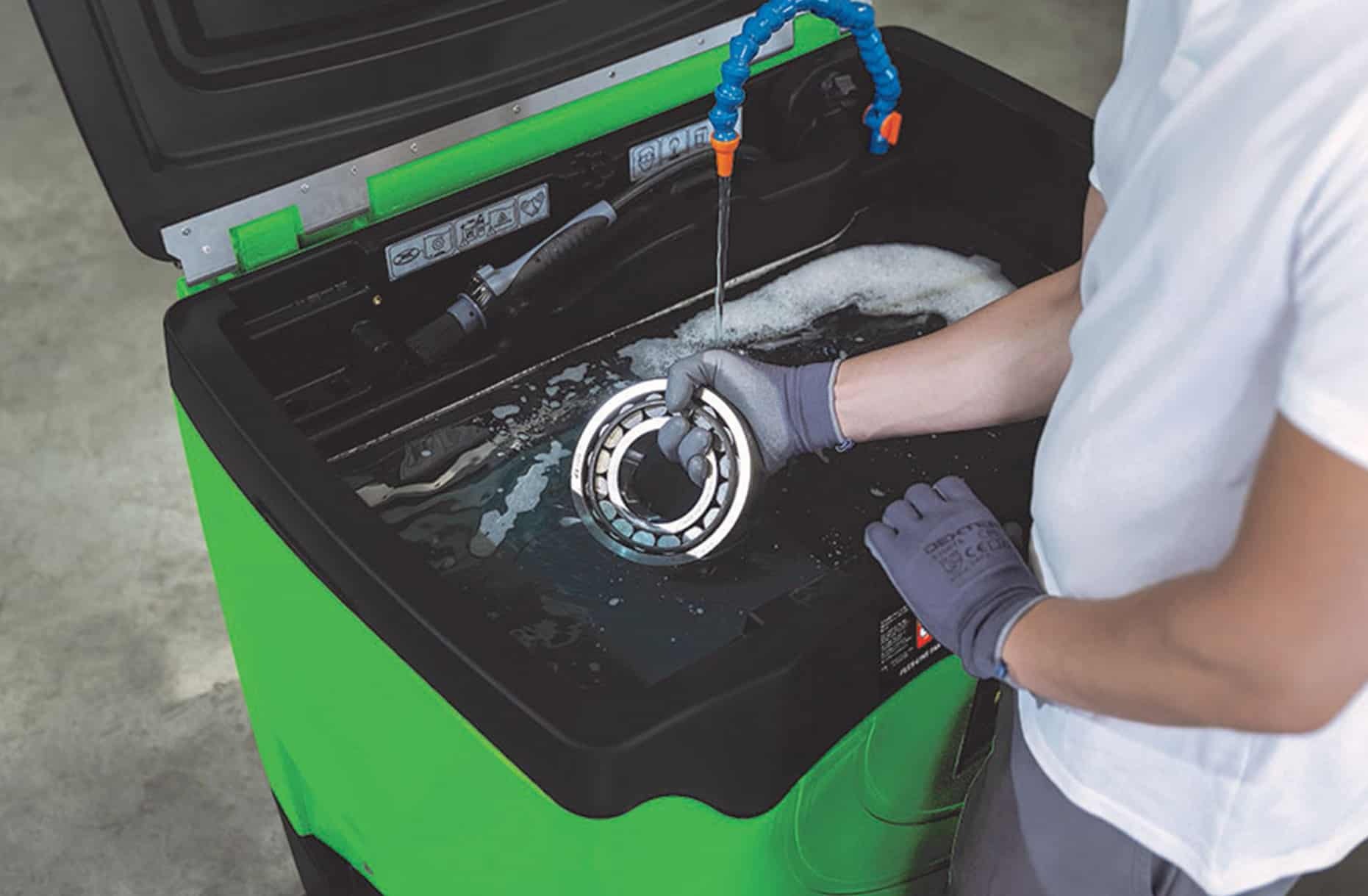When it comes to food processing, cleanliness is a legal and ethical necessity. The equipment used in this industry is in direct contact with food products, which means even the smallest trace of contamination can pose serious health risks. Maintaining high levels of hygiene while also protecting the environment has led many facilities to adopt water based parts cleaner solutions for their cleaning needs.
These systems offer a practical and environmentally responsible way to clean food processing equipment. But why are they such a good fit for this industry?
The Need For Specialized Cleaning In Food Processing
Food processing equipment faces unique cleaning challenges. It deals with fats, oils, proteins, and carbohydrates, which can build up on surfaces over time. These residues can lead to bacterial growth, equipment malfunction, and even cross-contamination if not properly removed.
Unlike general industrial equipment, food processing machinery must meet strict hygiene standards. Cleaning solutions need to be tough on residue and safe for use in processed food environments. This is where a water-based parts cleaner proves invaluable.
What Is A Water-Based Cleaner?
A water-based cleaner is a cleaning system that uses water as its primary solvent, often combined with specially formulated detergents or additives to enhance cleaning performance. These cleaners are designed to remove grease, oils, and other residues without harsh chemicals.
This is especially beneficial in the food industry because it reduces the risk of introducing harmful residues or contaminants. These systems are typically used in parts washers, which can clean everything from small machine components to larger equipment.
How Does An Aqueous Parts Washer Solvent Work?
An aqueous parts washer solvent is a water-based cleaning solution that incorporates detergents, emulsifiers, and sometimes enzymes to target specific contaminants. In the food processing industry, these solvents are particularly effective at breaking down organic residues like grease and protein.
Here’s how it works:
- Dissolving Contaminants: The solution penetrates and loosens tough residues, making them easier to remove.
- Emulsifying Oils: Oils and fats are suspended in the solution, preventing them from redepositing on the equipment.
- Rinsing Clean: The water base ensures easy rinsing, leaving surfaces clean and residue-free.
Using an aqueous parts washer solvent is a safer alternative to traditional chemical cleaners, as it minimizes the use of volatile organic compounds (VOCs) and reduces environmental impact.
Benefits Of Water-Based Cleaners In Food Processing
1. Safety For Food Environments
Food processing equipment requires cleaning agents that are non-toxic and safe for use around food. Water-based solutions meet these criteria while removing grease, oils, and other contaminants.
2. Eco-Friendly
A water-based cleaner reduces the need for harsh chemicals, lowering the cleaning process’s environmental footprint. Many aqueous solvents are biodegradable and designed to minimize wastewater pollution.
3. Efficiency
Despite being gentle on equipment and the environment, aqueous systems are powerful cleaners. They can handle heavy-duty residues commonly found in food processing facilities, ensuring that all surfaces meet hygiene standards.
4. Equipment Longevity
Harsh chemical cleaners can corrode equipment over time, leading to costly repairs or replacements. Water-based solutions are much gentler, helping to extend the life of machinery.
5. Regulatory Compliance
The food industry is heavily regulated, with stringent requirements for cleanliness and safety. A water-based parts cleaner helps facilities comply with standards set by agencies like the FDA and USDA.
Maintenance And Waste Management
While water-based cleaner systems are environmentally friendly, they still require proper maintenance and waste management. Regularly monitoring the cleaning solution ensures it remains effective, and using filtration systems can extend its lifespan by removing suspended contaminants.
Responsibly disposing of wastewater is crucial, especially in food processing, where compliance with environmental regulations is mandatory. Partnering with a waste management service can simplify this process and ensure your facility meets all standards.
Conclusion
For the food processing industry, cleanliness and safety are non-negotiable. Water–based cleaners offer an effective and safe solution for food environments and the planet. By investing in these systems, food processing facilities can maintain high hygiene standards while reducing environmental impact and protecting equipment.
It’s a smart approach that meets today’s sustainability, safety, and performance demands, without compromising on quality.
